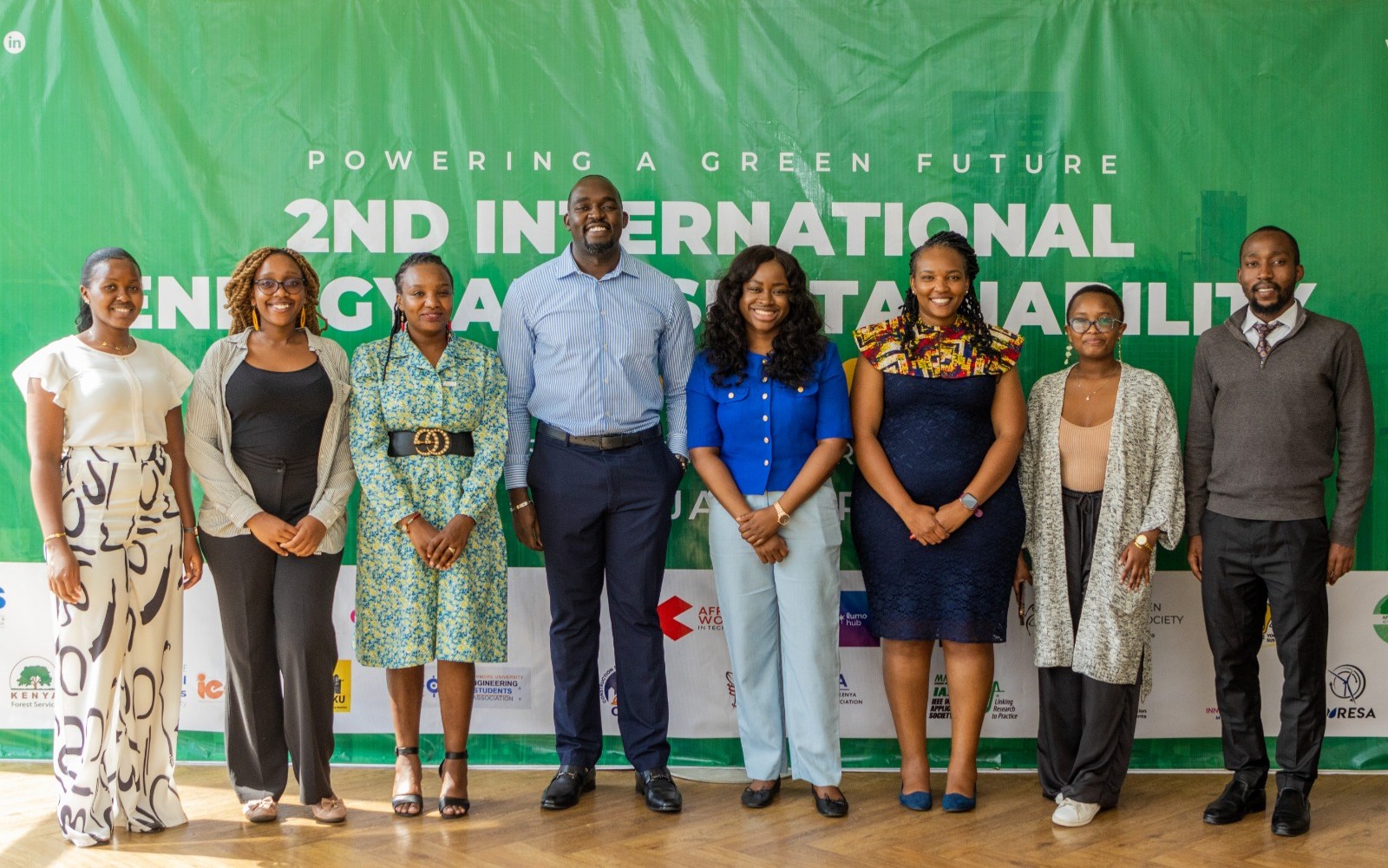In an era where the world faces the growing challenges of climate change and resource depletion, sustainability is no longer a choice but a necessity. Research serves as a powerful tool for driving green innovation and entrepreneurship, enabling businesses to be both profitable and environmentally responsible. It helps entrepreneurs identify market gaps, enhance the viability of sustainable startups and accelerate the development of eco-friendly technologies that unlock economic opportunities within the green economy. The African Union’s Science, Technology and Innovation Strategy for Africa (STISA-2024) emphasizes research and innovation in key sectors such as agriculture, energy, environment, health and infrastructure, aligning with the AU Agenda 2063 to transform Africa into a global powerhouse through sustainable development.
A well-researched idea is more likely to become a successful innovation. Entrepreneurs must understand the problem they seek to solve and their customers’ unmet needs. Market gap analysis, driven by research, can help identify gaps between existing market offerings and consumer demands by analyzing competition, customer pain points and untapped opportunities. This systematic approach strengthens business strategies and provides a competitive advantage over competitors who may be overlooking lucrative market segments. For example, Airbnb emerged in a market dominated by hotels, where travelers sought more affordable, home-like accommodations. By identifying this gap, the founders created a platform that met this demand through market research to understand consumer preferences, assess market potential and refine their business model.
Beyond business growth, research shapes education, policy and industry alignment. The Pan-African University, as highlighted by the African Union report exemplifies this by integrating entrepreneurship into higher education. Their 2020-2024 strategic plan emphasizes research-based curricula that equip students with employable skills and foster business innovation. Integrating entrepreneurship education at all academic levels builds essential competencies for business success. Structured entrepreneurship curriculum from primary to tertiary education enhances financial literacy, problem-solving, and business management skills. Hands-on learning through startup incubators, accelerators and experiential activities enables students to translate ideas into viable businesses.
Research and Development (R&D) enhances productivity and leads to the development of new industries thereby contributing to Gross Domestic Product (GDP) growth. It also stimulates employment through the creation of new sectors and the expansion of existing ones. The World Economic Forum highlights that increasing R&D expenditure as a percentage of GDP can reduce a country’s unemployment rate. It is estimated that 1% of global GDP in public investment can create more than seven million jobs worldwide through its direct employment effects alone..
Research also informs policies that drive sustainable entrepreneurship. According to the UNEP report, policymakers can encourage green innovation by implementing regulatory frameworks, investing in research, and promoting public-private partnerships. These measures create an enabling environment for green enterprises, ensuring access to funding and scalability. Well-researched innovations and strategically planned solutions, especially those demonstrating environmental impact such as carbon reduction, energy efficiency and waste management are more likely to attract investors and secure financial support. Funders and investors trust and invest in such ventures due to reduced risk and increased confidence in long-term viability and impact.
UNEP’S Nature and Finance Report highlights how research informs investment strategies, ensuring financial commitments align with sustainability goals. The global conversation on nature finance is shifting from measuring and reporting nature-related metrics to identifying what is needed to align economies with the Global Biodiversity Framework (GBF).This shift toward nature-based financing strengthens climate resilience, biodiversity restoration and green entrepreneurship, bridging the gap between funding and real-world impact.
Technological advancements, particularly in Artificial Intelligence (AI), have also benefited from research. According to the Organisation for Economic Co-operation and Development (OECD), AI enhances scientific productivity by automating processes, optimizing business operations and driving innovation. AI-powered predictive analytics improves decision-making in sectors like finance, healthcare and climate modeling while machine learning enhances supply chains and renewable energy management. Research in AI ethics ensures responsible and inclusive technological progress.
Research plays an important role in green entrepreneurship and innovation. It provides insights, credibility and technological advancements to drive sustainable business solutions. Entrepreneurs who leverage research can create scalable, impactful and fundable green ventures that contribute to a sustainable future. Investing in research-driven innovation will be key to long-term success as Africa and the world transition toward a green economy.






